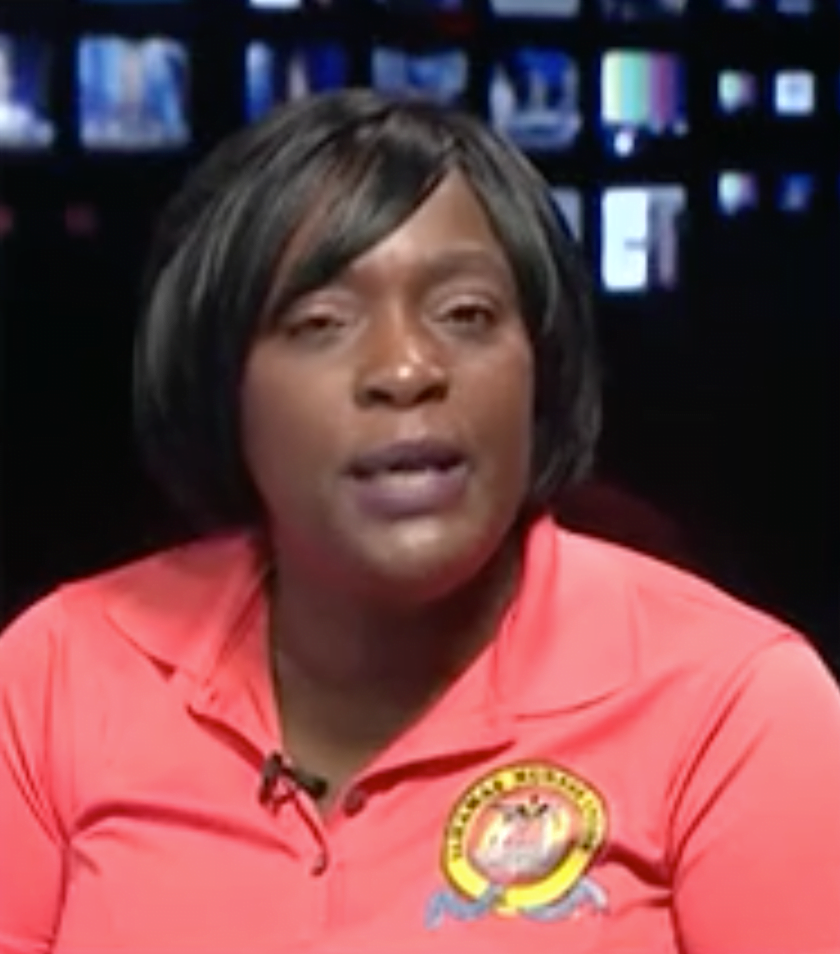Williams acknowledges hesitancy among healthcare workers could impact vaccine program
NASSAU, BAHAMAS — Bahamas Nurses Union (BNU) President Amancha Williams yesterday encouraged nurses in The Bahamas to make their own determination on taking the Oxford AstraZeneca COVID-19 vaccine, noting that while the science speaks to its efficacy, the long-term impacts remain largely unknown.
Williams’ sentiments were in line with those of the laboratory staff, consultant physicians and Bahamas Public Services Union president, who have all expressed some hesitancy with accepting the voluntary vaccine.
During a national address on Sunday, Prime Minister Dr Hubert Minnis urged Bahamians to take the vaccine as the country prepares to receive and administer Oxford’s AstraZeneca.
In an interview with Eyewitness News, Williams said: “I don’t have no problem if the individual wants to or doesn’t want to.

“You could only tell them the benefits of taking it and, you know, what is the outcome.
“We’re our own scientists. We understand the way the world works… I prefer people to be told they’re the guinea pigs — then you have a choice, you understand.
“…And they’re not saying that it has no adverse effects.
“The CDC (Centers for Disease Control and Prevention) had said they’ve had adverse effects and they give an account.”
Oxford’s AstraZeneca has faced resistance in Europe.
There have been instances where side effects led hospital staff and other frontline workers to call in sick.
According to the CDC, common side effects include fever, chills, tiredness, headache, pain and swelling that should go away in a few days.
Williams said: “I just read an article on the CDC’s [website] saying the adverse effects was faintness, but it came probably from the second dose rather than the first dose.
“[With] the second dose, they received persons with numerous of complaints of side effects.
“So, you know, at the end of the day, I don’t know.
“…That’s so true what someone was saying, and maybe it sounds silly, but if you give all the nurses and doctors [the vaccine], and persons have an adverse effect, who is going to take care of the sick?
“That would be a serious predicament.
“What reacts to your body does not react to my body, you understand? The union is not saying to persons not to take it. Around the world, unions are not saying not to take it. It’s up to you.
“We don’t want to infringe on your right as a Bahamian.
“I’m not going to make this [choice] for nobody and I don’t want to be, at the end of the day, blamed for anybody’s negligence or so forth because me, myself, have some queries.
“…My way of doing things is [to wait] a year or two years to see how…you know, more accurate data, database.
“We’ve got to stop doing things just because. Let’s do a database. Let’s look at the findings.
“Let’s tell people what are really the findings.”
Asked whether she will take the vaccine when it arrives, Williams said she does not intend to state her decision so as not to influence nurses’ decisions.
Williams was also asked whether the hesitancy among healthcare workers could impact the vaccine program in The Bahamas.
“It’s going to persuade and the only reason why persons are really hesitant or thinking about it twice is because, at the end of the day, the statistics and the information that they have on it — the adverse effects — you know, you don’t see some of these things. You have short-terms and long-terms goals and [effects],” she said.






